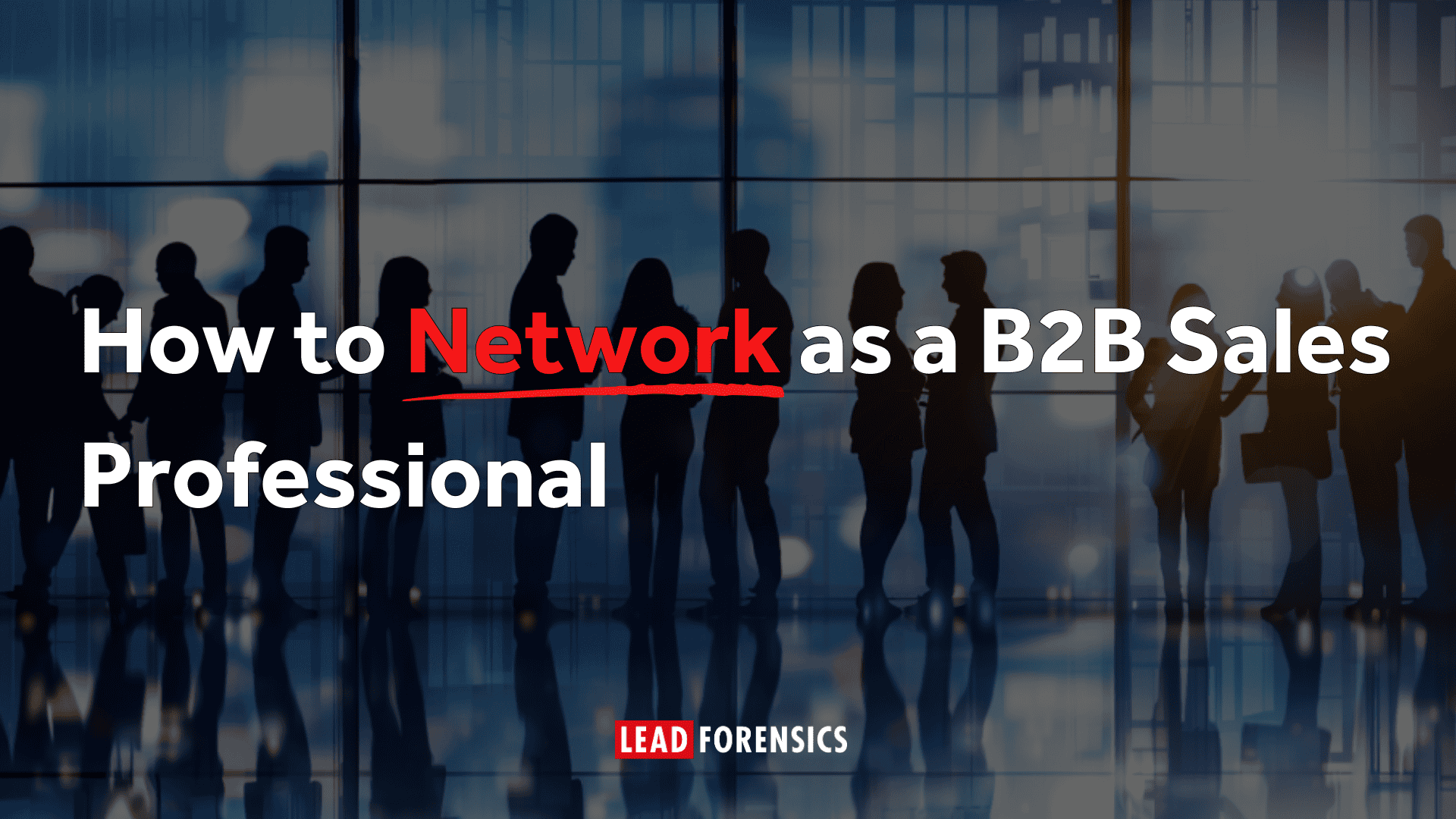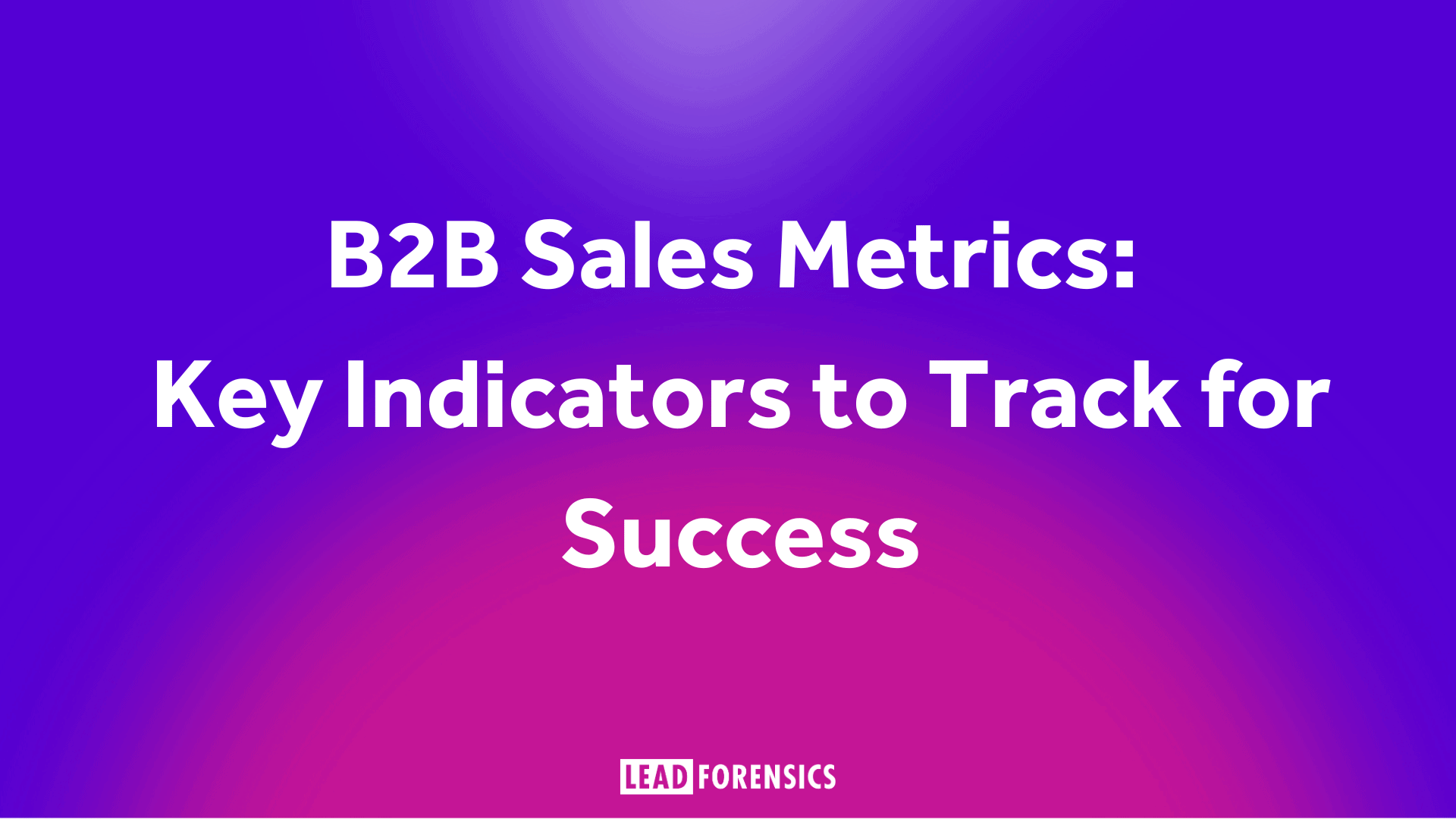Gen Z are digital natives, fluent in the language of the internet, social media, and mobile technology. Their influence on consumer trends and marketing strategies is already significant, but as they mature and their purchasing power grows, their impact is set to redefine the digital marketing landscape entirely.
For businesses operating in the B2B sector, understanding Gen Z is not just beneficial, it’s essential. As this generation begins to infiltrate the workforce, they bring with them a new set of values, expectations, and ways of interacting with digital technology. These will inevitably shape the future of B2B transactions, from the way businesses communicate and build relationships, to the platforms they use and the messages they convey.
In this context, understanding Gen Z is not about predicting the future; it’s about preparing for a present that is already here. As we delve deeper into this topic, we’ll explore the unique characteristics of Gen Z, their influence on the B2B sector, and how businesses can adapt to this generational shift.
Understanding Gen Z
Generation Z, the demographic cohort following the Millennials, is a unique group with characteristics and behaviors that set them apart from their predecessors. They are digital natives, born into a world where information is just a click away, and smartphones are as commonplace as television sets were to previous generations. This digital nativity has shaped their behaviors, preferences, and expectations in ways that are profoundly impacting the world of marketing.
One of the defining characteristics of Gen Z is their quest for authenticity. They value real, unfiltered experiences and have a keen eye for recognizing when brands are being genuine. This preference for authenticity extends to their interactions with brands, where they favor transparent communication and businesses that aren’t afraid to show their human side.
Trust is another crucial factor for Gen Z.
However, their trust isn’t easily won by flashy advertisements or celebrity endorsements. Instead, they place their trust in peer reviews and user-generated content. They value the opinions of their peers and those who have had first-hand experiences with the product or service. This shift in trust has given rise to the power of influencers, with 37% of Gen Z trusting influencers more than the brands themselves.
When it comes to online behavior, Gen Z is setting new trends. They spend a significant portion of their day online, with 85% learning about new products through social media1. Their digital habits are also characterized by a low tolerance for slow-loading apps and websites, with 60% refusing to use platforms that don’t load quickly.
The economic impact of Gen Z is set to be substantial. They currently make up 26% of the global population, and this year, they are expected to account for 40% of all consumers. This growing economic influence underscores the importance of understanding and catering to this demographic for businesses across all sectors, including B2B.
As we continue to explore the impact of Gen Z on the B2B sector, these unique characteristics and behaviors will serve as a foundation for understanding how to effectively engage with this influential generation.
Gen Z in the B2B Workforce
As we look towards the future of the B2B landscape, it’s clear that Gen Z will play a pivotal role. This generation is just beginning to enter the workforce, and over the next decade, they will gradually assume positions with significant purchasing power within their organizations. This shift will inevitably influence how B2B transactions are conducted and how businesses interact with each other.
The timeline for this shift is already in motion. As the oldest members of Gen Z are in their mid-twenties, they are starting to move into roles with more responsibility and influence. Over the next decade, we can expect to see an increasing number of Gen Z professionals in decision-making roles, including those involving purchasing decisions.
The preferences and behaviors of Gen Z are likely to have a profound impact on B2B purchasing decisions. Their demand for authenticity and transparency means that they will seek these qualities in their B2B interactions as well. They will favor businesses that can demonstrate genuine value, ethical business practices, and a commitment to social responsibility.
Moreover, their trust in peer reviews and influencers suggests that traditional sales tactics may be less effective with this audience. Instead, B2B companies may need to leverage user testimonials, case studies, and influencer endorsements to build trust and credibility with Gen Z decision-makers.
The digital habits of Gen Z will also influence B2B purchasing decisions. Their impatience with slow-loading apps and websites means that B2B companies will need to ensure their digital platforms offer a seamless and efficient user experience. Additionally, their heavy use of social media suggests that these platforms could play a larger role in B2B interactions and transactions.
Preparing for this shift in decision-making power is crucial for B2B companies. It’s not just about understanding Gen Z and their preferences, but also about adapting business practices and strategies to meet their expectations. This could involve everything from reevaluating marketing strategies and sales tactics to investing in digital infrastructure and adopting more sustainable business practices.
As Gen Z begins to assume more influential roles within the workforce, the B2B companies that can effectively engage with this generation will be well-positioned for success in the coming years.
The Impact of Gen Z on B2B Marketing
The rise of Gen Z is not just influencing consumer trends; it’s also reshaping the world of B2B marketing. As this generation begins to assume roles with purchasing power, their unique preferences and behaviors are driving a shift in how businesses market to each other.
One of the most significant ways Gen Z is reshaping B2B marketing strategies is through their demand for authenticity. This generation values real, unfiltered experiences and has a keen eye for recognizing when brands are being genuine. In the B2B context, this means businesses need to be transparent in their communications and show their human side. It’s no longer enough to simply sell a product or service; businesses need to tell a story and connect with their audience on a deeper level.
Gen Z’s preference for social responsibility is also influencing B2B brand positioning and messaging. This generation is deeply committed to ethical and sustainable practices, and they expect the businesses they interact with to share these values. For B2B companies, this means demonstrating a commitment to ethical business practices, sustainability, and social responsibility. It’s about showing not just what you do as a business, but also what you stand for.
Influencers also play a significant role in Gen Z’s world, and this is spilling over into the B2B marketing space. B2B companies need to consider how they can leverage influencers in their marketing strategies. This could involve partnering with industry experts or thought leaders to promote their products or services. It’s about building trust and credibility through the voices that Gen Z trusts.
In essence, the rise of Gen Z is driving a paradigm shift in B2B marketing. It’s prompting businesses to rethink their strategies and align them with the values and expectations of this influential generation. Those that can successfully navigate this shift will be well-positioned to engage with Gen Z and build lasting relationships.
Adapting to Gen Z’s Digital Habits
As digital natives, Gen Z’s online behaviors and expectations significantly differ from those of previous generations. Their digital habits present unique challenges for B2B marketers, but also offer exciting opportunities for those willing to adapt.
One of the key digital habits of Gen Z is their demand for speed and efficiency. They have little patience for slow-loading apps and websites, with 60% stating they won’t use a platform that doesn’t load quickly. This impatience extends to their expectations for user experience. They demand seamless, intuitive digital interactions and have little tolerance for platforms that don’t deliver on this front. For B2B companies, this means investing in website speed and user experience is no longer optional; it’s a necessity. A slow or poorly designed website could mean the difference between engaging a potential customer and losing them to a competitor.
Social media also plays a significant role in Gen Z’s digital life. They spend a significant portion of their day on social media platforms, with 85% learning about new products through these channels. While Facebook remains a dominant force in the social media landscape, its popularity among Gen Z is waning. Instead, they are turning to platforms like Instagram, TikTok, Snapchat, Pinterest, and Quora.
For B2B marketers, this shift in social media usage presents both a challenge and an opportunity. On one hand, it means rethinking social media strategies that have traditionally relied heavily on Facebook. On the other hand, it opens up new avenues for engagement on platforms that are currently popular with Gen Z. By understanding the unique features and user behaviors of each platform, B2B marketers can create targeted, engaging content that resonates with this audience.
In essence, adapting to Gen Z’s digital habits is about meeting them where they are. It’s about delivering fast, seamless digital experiences and engaging with them on the platforms they use most. By doing so, B2B companies can build stronger connections with this influential generation and position themselves for success in the digital age.
The Role of Social Media Platforms
Social media platforms play a pivotal role in Gen Z’s digital life. However, the landscape of these platforms is shifting, with Gen Z moving away from Facebook and towards other platforms like Instagram, TikTok, Snapchat, Pinterest, and Quora.
While Facebook continues to be a dominant force in the social media landscape, its popularity among Gen Z is dwindling, with only 10% of its users under 24 years old. This shift away from Facebook is not just a trend; it’s a reflection of Gen Z’s unique preferences and behaviors. They are drawn to platforms that offer more visual, interactive, and real-time content, and they value platforms that allow them to express their creativity and engage with their community.
For B2B marketers, this shift in social media usage presents an opportunity to engage with Gen Z in new and innovative ways. Each platform offers unique features and capabilities that can be leveraged for B2B marketing.
Instagram, with its focus on visual content, is a great platform for showcasing products, sharing behind-the-scenes content, and telling visual stories. Its features like Stories and IGTV also offer opportunities for more interactive and engaging content.
TikTok, known for its short-form videos, is perfect for creating engaging, shareable content. B2B companies can leverage this platform to showcase their brand personality, share educational content, or even participate in trending challenges to increase their visibility.
Snapchat offers a more personal and real-time way to engage with audiences. Its features like Snap Ads, Sponsored Lenses, and Geofilters can be used to create immersive and interactive experiences for users.
Pinterest, a platform for finding and sharing inspiration, can be a powerful tool for B2B companies to share thought leadership content, industry trends, and product information. Its visual format is perfect for infographics, how-to guides, and other educational content.
Quora, a platform for asking and answering questions, offers a unique opportunity for B2B companies to establish their expertise and credibility. By answering industry-related questions, businesses can position themselves as thought leaders and build trust with their audience.
In essence, the shift towards these platforms offers exciting opportunities for B2B marketers to engage with Gen Z in new and innovative ways. By understanding the unique features and user behaviors of each platform, marketers can create targeted, engaging content that resonates with this influential generation.
Conclusion
As we’ve explored throughout this blog, Generation Z, with their unique characteristics and digital behaviors, is poised to significantly influence the B2B marketing landscape. Their demand for authenticity, trust in peer reviews and influencers, and commitment to social responsibility are reshaping how businesses communicate and build relationships.
Their digital nativity is driving a shift in online behaviors, with a demand for fast, seamless digital experiences and a shift away from traditional social media platforms like Facebook towards Instagram, TikTok, Snapchat, Pinterest, and Quora. As this generation begins to assume roles with purchasing power, their influence on B2B transactions and interactions will only continue to grow.
For B2B marketers, understanding and adapting to Gen Z’s preferences and behaviors is not just beneficial; it’s essential. It’s about more than just staying relevant; it’s about preparing for a present that is already here. By aligning marketing strategies with Gen Z’s values and expectations, businesses can build stronger connections with this influential generation and position themselves for success in the coming years.
As we look towards the future, it’s clear that Gen Z will play a pivotal role in shaping the B2B landscape. The time to start adapting and implementing these strategies is now. By doing so, businesses can effectively engage with the upcoming generation of decision-makers and pave the way for a successful future in the B2B sector.
Lead Forensics: Your Partner in Engaging Gen Z
In this rapidly evolving digital landscape, having the right tools at your disposal is crucial. This is where Lead Forensics comes in. As a leading B2B software solution, Lead Forensics offers innovative tools designed to help you identify your anonymous B2B website visitors and turn them into quality business leads in real-time.
Moreover, Lead Forensics provides real-time notifications of potential leads, allowing your sales team to follow up promptly and efficiently. This speed and efficiency align perfectly with Gen Z’s demand for quick and seamless interactions.
Lead Forensics equips you with the tools you need to effectively engage with Gen Z and the upcoming generation of decision-makers. By leveraging our software, you can ensure your business is well-positioned to navigate the evolving B2B landscape.
Ready to take your B2B marketing strategy to the next level?
We invite you to book a free, no-obligation demo of Lead Forensics. Discover how our software can help you engage effectively with Gen Z and transform your anonymous website visitors into valuable business leads. The future of B2B marketing is here, and with Lead Forensics, you’ll be ready to meet it head-on. Book your free demo today.










